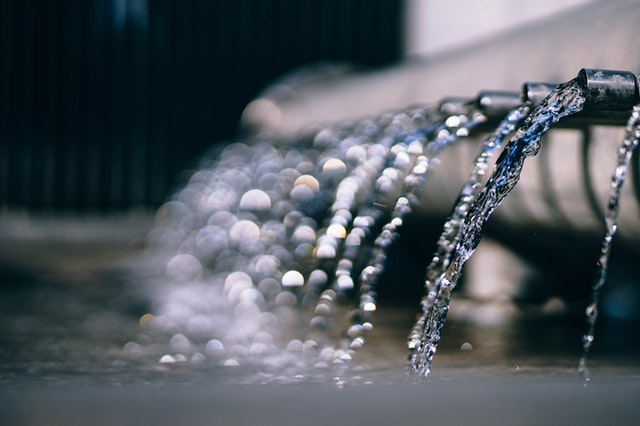The summer heat can be unbearable. Water supply issues can aggravate this situation especially for plant growers. Many home gardeners have to deal with these water restrictions. It means figuring out how to water their gardens economically and avoid wasting this vital natural resource.
Frequency of Watering
The regularity depends on the climate in your area. You must water plants more often in dry and hot weather compared to colder locations or those with rainy conditions. Determine the soil’s level of wetness to find out if your plants require watering or not at all. You can use your finger or a moisture meter which measures the percentage of water in a particular sample. It is possible to calibrate these meters in accordance with the appropriate dampness of a certain type of soil. Place the meter’s probe in the soil. There is no need for watering if the device shows the soil is wet.
When to Water
Refrain from watering your plants when the heat is at its peak. The best time would be early in the morning or evening. Cold water reduces evaporation. It makes water available for plants when the weather is extremely hot. Deep and occasional watering is recommended for foliage with stronger roots.
The ideal amount is one inch of rain and irrigation water weekly. It produces deeper roots and healthier undergrowth. A weekly schedule fits into urban water restrictions. On the contrary, shallow and frequent sprinkling leads to weak root systems as well as excessive water loss. In other words, you waste water and fail to meet plant needs. Early watering is essential because the leaves get dried before sundown which prevents growth of fungal diseases.
Different Devices
Opt for methods that will not drench the leaves like porous soaker hoses. The device allows water to leak all along the span of the hose. Lawn sprinklers are perfect for lawns but not for vegetable gardens. Choose the equipment that fits your backyard’s requirements. Then, learn how to use it correctly for efficient watering.
An oscillating lawn sprinkler is the widely used apparatus for lawns. However, almost 50% of the water is wasted due to current of water or air and evaporation. Water is also sprinkled unevenly unless you move it around for equal watering. Root feeders are made for shrubs and trees. Use it far from the trunk for the best results. The soaker hose is designed for flowerbeds and veggie gardens. It enables water to spread gently so it goes directly to the root system.
Use Mulch
Organic and inorganic mulch refers to materials like compost, leaves, straw, wood chips, and many others spread on top of the soil as cover. It preserves moisture, contains weeds, improves fertility, and makes the bed look attractive. If you don’t put mulch, around 70% of water disperses during hot days. Mulch can be the most effective means of preserving moisture during summer.
Coarse is better than fine mulch. The thin version has the tendency to form into a mass and repel water. Abrasive mulch, on the other hand, allows rain or water to penetrate the soil. The appropriate depth is 3 – 5 centimeters per pot depending on its size and 8 -10 centimeters for garden beds.
Save and Reuse Water
The best technique in saving and recycling water is to purchase a water tank. You can store rainwater here, maximize roof overflow or spill, and reuse for irrigation. It is also possible to save water from cooking. Save the water from boiling vegetables instead of throwing it away down the drain. Besides, it is filled with nutrients after cooling and becomes an instant fertilizer free of cost.
Choice of Plant Containers
Select your pot carefully. There are materials that heat fast and give up moisture fast because of its porosity. One example is the metal container which heats up in a flash and extracts wetness out of the garden soil. This can lead to a big issue if you live in a place with hot weather.
Clay pots like uncoated terracotta, a type of earthenware will waste moisture because of its absorbent surface. In fact,the soil dries faster than the covered pots. The use of premium quality potting mix or compost will hold the wetness in place.
Summer Scourge
Indeed the unrelenting summer heat has posed problems for many gardeners. Waters dries immediately when it is too hot. You must know how to water efficiently to nurture your flowers, vegetables, shrubs, trees, and lawns.


Leave a Reply